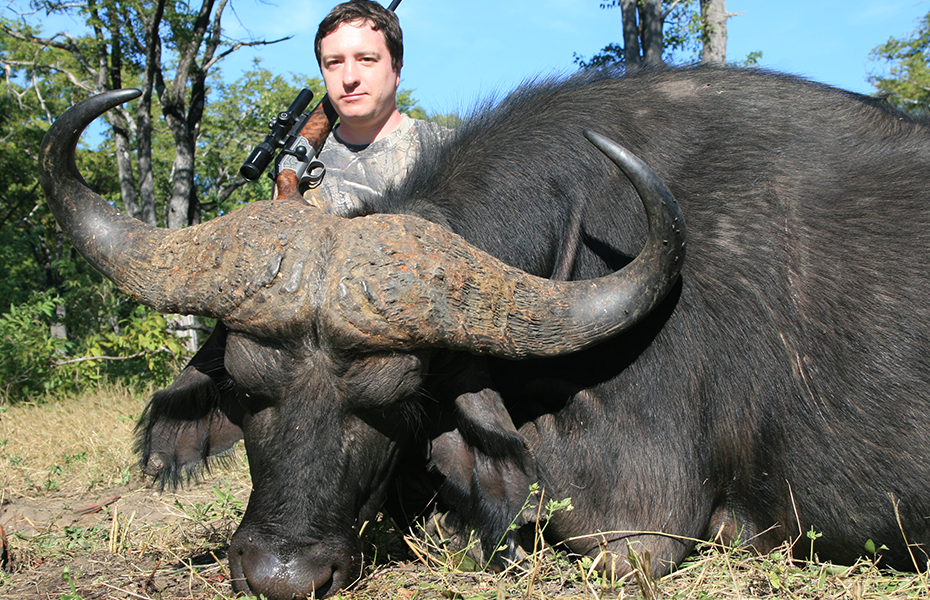
The Namibian government announced last week a campaign designed to combat the efforts of animal rights activists to ban trophy hunting. According to the Namibian ministers of information and the environment, trophy hunting has generated N$500 million ($32 million USD), employs about 15,000 people, and funds conservation efforts.
Both ministers expressed displeasure with international efforts to ban trophy hunting across the world, according to The Namibian.
“People have now embraced that wildlife is part of our ecosystem and that we should conserve and manage it because we are getting utility out of this. Imagine if this stopped, the loss in revenue, the unemployment that will come and the impairment that will be there in terms of our efforts to address poverty,” information minister Stanley Simataa said at a press conference.
SEE ALSO: California Man Fined $20,000 for Poaching Trophy Buck
Simataa described trophy hunting as a way for Namibia to become independent of foreign aid and noted that other countries should not be able to dictate to Namibia how to use its own natural resources.
“We do not want to be a nation that has begging bowls in its hands; we need money to be a truly independent nation to take care of its citizens,” he said. “You cannot deny a nation the opportunity [to use] its God-given resources in the way that it has set for itself. It is like denying those that have oil an opportunity to access it.”
Environment ministry spokesperson Romeo Muyunda added that the international campaigns to ban trophy hunting do not take into account how the revenue is used for both conservation and employment creation for people in rural areas.
“Our conservancy programme is mainly based on trophy hunting. The revenue that they generate mainly comes from it and that is the money that they use to run conservancies, as institutions, and this is the money that they use to pay their employees,” he said.
Muyunda also noted that banning trophy hunting is unlikely to save the lives of many animals. Local residents do not tolerate problem animals, and they will simply kill those animals themselves without the opportunity to earn money from international hunters.
SEE ALSO: Killing in the Name of Conservation: How Big Game Hunting Prevents Extinction
“So, imagine if somebody has to endure living with an elephant that is causing destruction and also threatening people’s lives without benefiting from that elephant,” he said.
In addition, even if international hunters were banned from taking trophies, poachers would still decimate highly valued species, Muyunda added.
To combat animal right’s activists, the Namibian cabinet has directed the Ministry of International Relations and Cooperation to disseminate information about Namibian’s “strategy on conservation hunting.” They also asked the environment ministry to form partnerships with other Southern African Development Community countries to counteract international pressure against trophy hunting.
